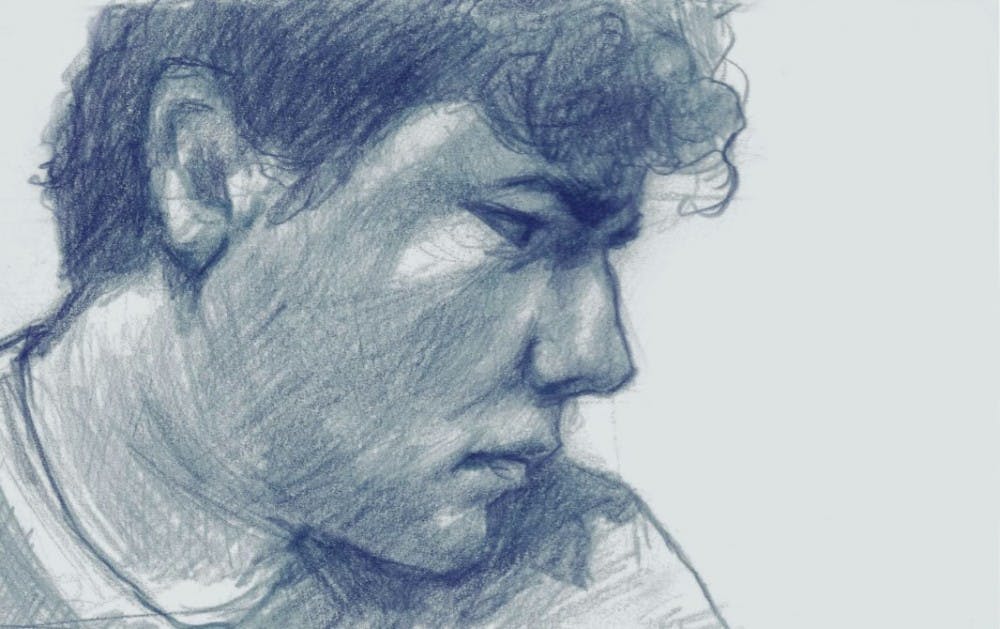For many, college is the first time away from home and the first time living without their support systems. This all happens while living in cramped dorms and dealing with less than ideal eating and sleeping schedules.
It’s easy to become physically, emotionally and, most importantly, mentally exhausted in college. Seeking help as a young adult is stigmatized, and men are disproportionately affected by the negative stereotypes that are attached with prioritizing mental health.
The way mental health is perceived on college campuses must be changed to remove the difficulties men face when it comes to seeking help.
A survey conducted by the Association for University and College Counseling Center Directors concluded that men represented about 43.6 percent of the student population but only 32.6 percent of clients at campus counseling centers. In addition, men are 3.5 times more likely than women to die by suicide, according to statistics from the American Foundation for Suicide Prevention.
Many men may struggle with seeking help because they are less likely to perceive mental illness as a common problem. A 2015 study by the U.S. National Library of Medicine found that male college students were more likely than females to underestimate sadness and depression in others.
Joshua R. Beharry, the project manager of HeadsUpGuys, a website dedicated to mental health resources for men, wrote about several myths that prevent men from getting help. These myths include ideas like “depression = weakness," “a man should be able to control his feelings,” and “real men don’t ask for help.”
The college atmosphere can also make seeking help even harder. Students, especially freshmen, must learn how to adjust to a new living situation while adjusting to the heavier college course load.
Aaron Krasnow, associate vice president of health and counseling for ASU Counseling Services, said the college lifestyle could affect mental health.
“College is a time of important, and at times intense, change,” Krasnow said. “Students are constantly learning, whether in the classroom, in social situations and in experiences like internships related to their future careers. That level of change is stressful and at times overwhelms everyone’s ability to cope.”
This, combined with newfound independence and exposure to substances like alcohol and drugs, can enable students to engage in escapism rather than deal with their problems in a healthy way.
“Sometimes people will search for solutions on their own, often through use of alcohol or other (non-prescribed) drugs,” Krasnow said.
When it comes to seeking professional help, men face more obstacles and consequences from a combination of stigma and cultural expectations.
“We need to create a lasting culture where everyone, regardless of gender identity, sees professional care as normal, inclusive and effective,” Krasnow said. “Those who have sought services and succeeded with them can tell their stories. Being loud and proud about seeking help is perhaps the best way to reduce the stigma.”
Resources on campus include ASU Counseling Services and organizations such as BEE Daring Advocates that can directly support students' mental health.
Professional help and prioritizing mental health are things that should be emphasized and accepted, not just seen as a shameful secret or a weakness to hide.
Reach the columnist at jreksodi@asu.edu and follow @jfreksodiputro on Twitter.
Editor’s note: The opinions presented in this column are the authors’ and do not imply any endorsement from The State Press or its editors.
Want to join the conversation? Send an email to opiniondesk.statepress@gmail.com. Keep letters under 500 words and be sure to include your university affiliation. Anonymity will not be granted.
Like The State Press on Facebook and follow @statepress on Twitter.




